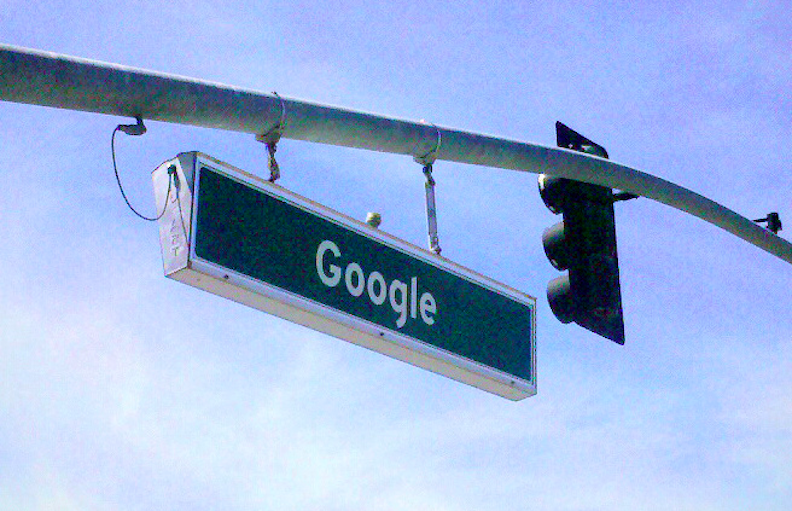FTC Report Alleges Google Used Anti-Competitive Practices Prior To 2013
When conducting a search on Google, consumers have a reasonable expectation that results will show a variety of options related to their inquiry. But a recently disclosed report shows that wasn’t always the case.
The Wall Street Journal reports that a recently uncovered staff report from the Federal Trade Commission found Google used anti-competitive tactics and abused its power to boost its own interests, while intentionally downplaying rivals.
According to the recently surfaced report, which was drafted in 2012, Google was found to be “altering its ranking criteria and ‘scraping’ content from other sites.”
For example, when users searched restaurant options they were often presented with results from other Google-owned entities, such as Zagat, over well-known, more popular sites like Yelp.
In some cases, the FTC report showed that Google illegally took content from rival websites and passed it off as their own. When the sites asked Google to stop the practice, the company allegedly threatened to remove the sites from its search engine.
“It is clear that Google’s threat was intended to produce, and did produce, the desired effect,” the report stated, “which was to coerce Yelp and TripAdvisor into backing down.”
The FTC investigation found that Google’s conduct violated the law as it “helped it to maintain, preserve and enhance Google’s monopoly position in the markets for search and search advertising.”
The report – which was inadvertently disclosed to the WSJ in a Freedom of Information Act – goes on to recommend the commission sue Google for the unsavory practices. However, it was later noted that the lawsuit didn’t move forward because the tech company agreed to change its practices.
Changes included the discontinuation of “scraping” data from rivals and presenting it as its own, the WSJ reports. Additionally, the company agreed to remove restrictions for customers coordinating online advertising campaigns.
In 2013, the FTC agreed to end the investigation into Google after then-Chairman Jon Leibowitz determined the voluntary changes would deliver “more relief to American consumers faster than any other option.”
A spokesperson for Google tells the WSJ that regulators “agreed that there was no need to take action on how we rank and display search results. Speculation about potential consumer harm turned out to be entirely wrong. Since the investigation closed two years ago, the ways people access information online have only increased, giving consumers more choice than ever before.”
Had the FTC moved forward with pursuing an anti-competitive lawsuit against Google, the WSJ reports it would have been the largest such case since the Justice Department sued Microsoft in the 1990s.
According to the WSJ, Google has long maintained that it had nothing to do with a monopoly.
Inside the U.S. Antitrust Probe of Google [The Wall Street Journal]
Want more consumer news? Visit our parent organization, Consumer Reports, for the latest on scams, recalls, and other consumer issues.


